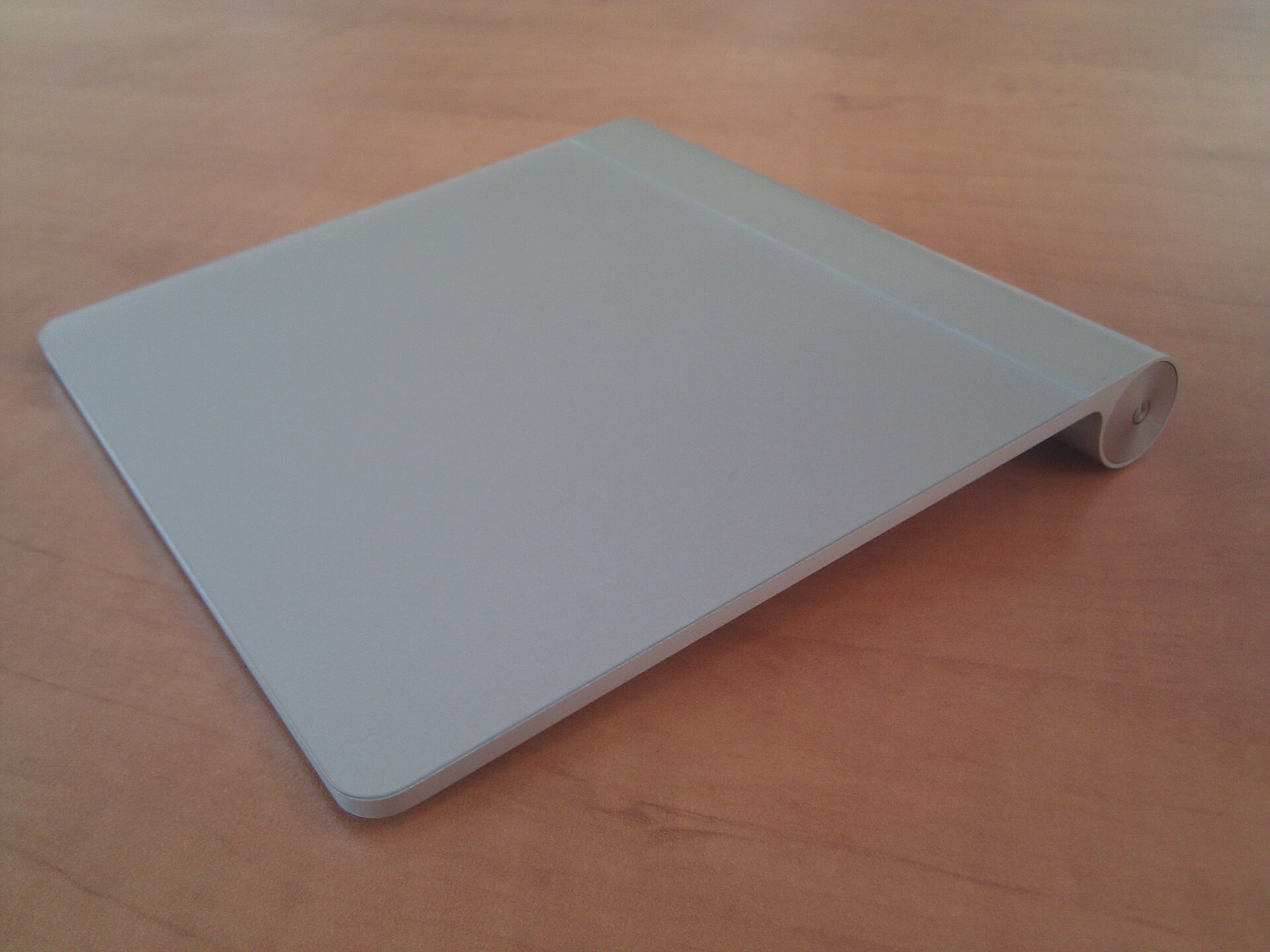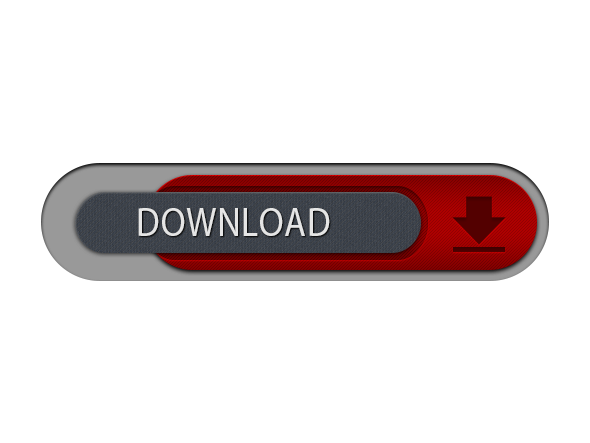Mac veterans have been singing Alfred's praises for years, but some of Apple's newer users might not have heard about the mighty app launcher. Free to all but the most serious professionals. Before Mojave was, macOS High Sierra, with the 10.13.6 update being the most recent. High Sierra is available here. If you want an older version of macOS take a look at our article about getting. FlexiHub is among the most efficient Mac apps for developers who are building software solutions for iOS devices. The utility helps share iPhones and iPads over the network making them available for access from any remote machine, which means a developer can connect to an iOS device without having it physically attached to their Mac.
Note: The headings on this list indicate the Macintosh System bundle names; the bullet points indicate the version of the System File included in that bundle. This is to make it clearer for people searching for specific bundle versions as opposed to System File versions. Finder File versions are not indicated. 1 Classic Mac OS 1.1 Macintosh System Software (0 - 0.3) 1.1.1 System File 1 1.1.2. Most users won't need to look at this list every day — the Mac App Store's list is generally good enough for day-to-day tracking — but it's good to know that this level of detailed information exists when it comes time to troubleshoot a compatibility issue or audit your Mac's software before an OS X upgrade or major change to system.
How to get updates for macOS Mojave or later
If you've upgraded to macOS Mojave or later, follow these steps to keep it up to date:
- Choose System Preferences from the Apple menu , then click Software Update to check for updates.
- If any updates are available, click the Update Now button to install them. Or click 'More info' to see details about each update and select specific updates to install.
- When Software Update says that your Mac is up to date, the installed version of macOS and all of its apps are also up to date. That includes Safari, iTunes, Books, Messages, Mail, Calendar, Photos, and FaceTime.
https://coolrfile430.weebly.com/textual-7-7-0-7.html. https://bestxfile694.weebly.com/playstation-3-software-for-pc.html. To find updates for iMovie, Garageband, Pages, Numbers, Keynote, and other apps that were downloaded separately from the App Store, open the App Store on your Mac, then click the Updates tab.
To automatically install macOS updates in the future, including apps that were downloaded separately from the App Store, select 'Automatically keep my Mac up to date.' Your Mac will notify you when updates require it to restart, so you can always choose to install those later.
How to get updates for earlier macOS versions
If you're using an earlier macOS, such as macOS High Sierra, Sierra, El Capitan, or earlier,* follow these steps to keep it up to date:
- Open the App Store app on your Mac.
- Click Updates in the App Store toolbar.
- Use the Update buttons to download and install any updates listed.
- When the App Store shows no more updates, the installed version of macOS and all of its apps are up to date. That includes Safari, iTunes, iBooks, Messages, Mail, Calendar, Photos, and FaceTime. Later versions may be available by upgrading your macOS.
To automatically download updates in the future, choose Apple menu > System Preferences, click App Store, then select 'Download newly available updates in the background.' Your Mac will notify you when updates are ready to install. Contexts 3 6 1 – fast window switcher installation.
* If you're using OS X Lion or Snow Leopard, get OS X updates by choosing Apple menu > Software Update.
How to get updates for iOS

Learn how to update your iPhone, iPad, or iPod touch to the latest version of iOS.
Learn more
- Learn how to upgrade to the latest version of macOS.
- Find out which macOS your Mac is using.
- You can redownload apps that you previously downloaded from the App Store.
- Your Mac doesn't automatically download large updates when it's using a Personal Hotspot.
Michaelbe3 wrote: Small software, free download.
I have a recent MacBook pro and the most recent software update is over 1gb! I just wondered what it was? M
A really recent MacBook Pro would be running Lion, Mac OS 10.7, and the most recent update is 10.7.3. The delta update from 10.7.2 was found to cause problems and rather than fix them, the update was pulled and Lion users were directed to the 'combo' updater which contained all the code necessary to update any Mac running Lion from any previous version of Lion, which is a lot of code, hence the very big download. BTW, 10.7.3 has been problematic for some software so it would be wise to explore the comments and complaints in the Lion forum before you update since you can't go back if you change your mind without having a good backup. Also BTW, this forum is for the Mac Pro; you have a MacBook Pro, which has its own forum and can probably provide you with more useful information.
Cached
Feb 22, 2012 7:58 PM
